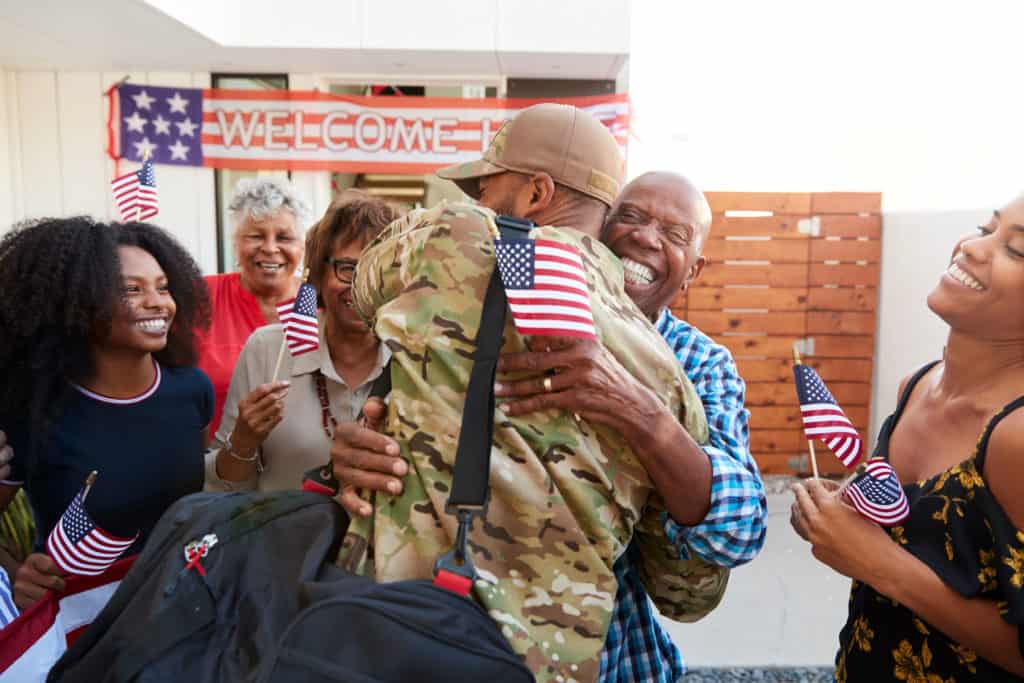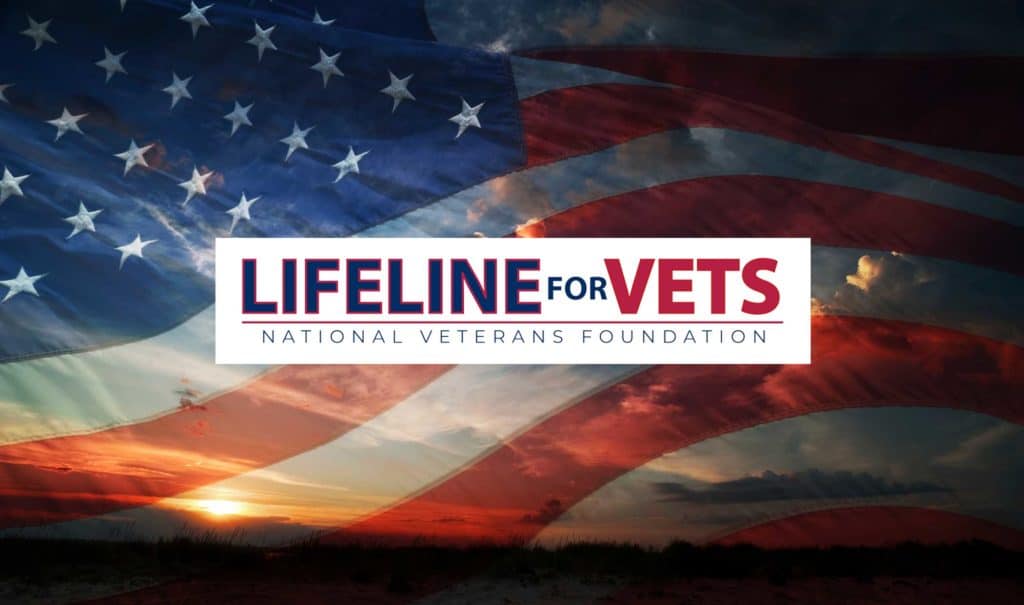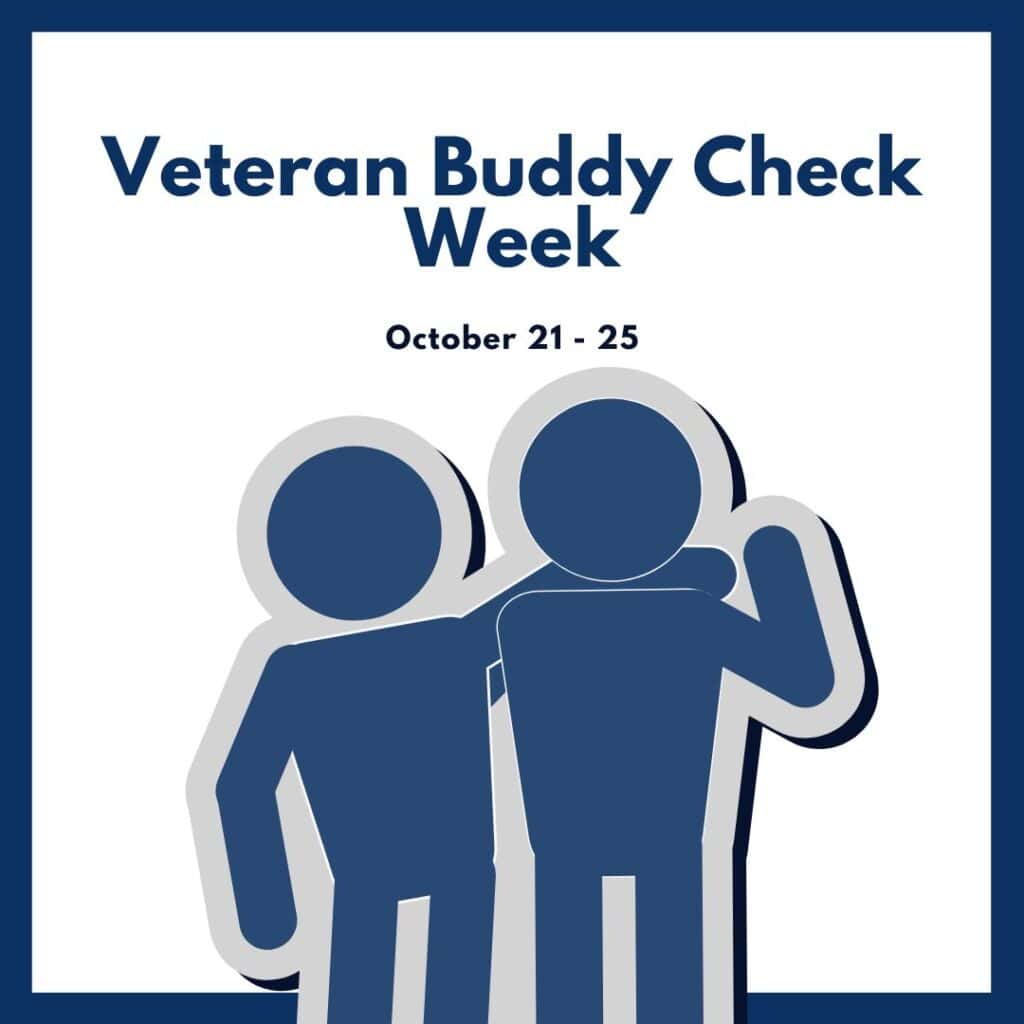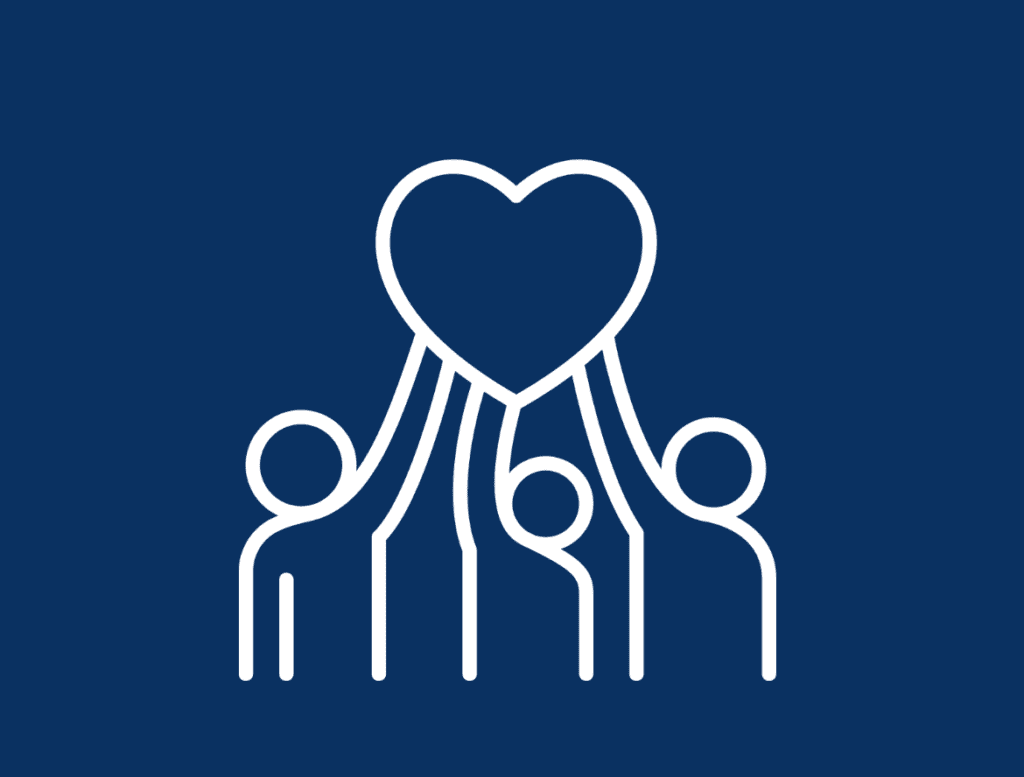The Withdrawal from Afghanistan: Gearing Up for the Welcome Home
The withdrawal of our troops from Afghanistan after twenty long years has reverberated throughout the Veteran community. Vietnam Vets in particular have had memories activated. They, too, came home from a war that was abandoned. I wanted to share some comments from a Navy Vet who was in Vietnam in 1969 – 1970, when the war was in drawdown. He completed 203 missions with the Navy’s River Division. They were called River Rats. These are his comments, used with his permission:

“I’m thinking of our own experience of sitting around watching the end game on Nam on TV when it happened to us. The emotions were overwhelming. I have to wonder if the Vet Centers are up and running with this issue ready for the influx they’re going to experience.
Veteran suicide is likely to go up, dysfunctional family issues will spike, along with police interactions with Afghanistan and Iraq Vets. My worst fear is a repeat of what we went through.
There has been ample time to prepare for this. It has been clear for months or longer that the withdrawal was going to come. The Vet Centers and the VA should be ready and have in place contingency plans at the national and community levels—ready to do outreach, education, support teams and peer counseling in place. I doubt any of that has happened. It really doesn’t seem to matter whether it’s a Democrat or Republican in the big chair it’s the same sorry story all the time sad.
One of the unintended consequences of having all the old-school Vietnam vets out of the VA system is that there’s no one there who really knows the cost of war in the aftermath on a scale relative to the numbers that were involved when we were carrying the torch. Maybe it’s just me, but I have been supremely disappointed by the lack of activity and activism by the Veteran community particularly returning Veterans. That’s not disparaging their service, it’s just saying somebody needs to kick it up a notch and start rattling some cages. Maybe they’re expectations of the VA are so low they feel like it’s a hopeless cause. I’m certain you’re both aware of the case backlog the VA has relative to disability compensation efforts.”
You can hear the mixture of sadness, disappointment and anger on a low, slow burn. We get it here at the NVF. Over the next few weeks, I’d like to explore with you the ramifications of the troops’ return. While we all get ready for them, if you know a Vet who needs help, here’s our crisis and information Lifeline for Vets: 888.777.4443
You can be a part of our mission to help Veterans by making a tax-deductible donation!
About the Author
SUBSCRIBE TO OUR BLOG AND NEWS!
By submitting this form, you are granting: NATIONAL VETERANS FOUNDATION INC permission to email you. You may unsubscribe via the link found at the bottom of every email. (See our Email Privacy Policy for details.)
Related Posts





